Amazon Conservation works directly with university and community college professors and study-abroad programs to support them in hosting field courses at our three conservation hubs in Peru. Our hubs are the perfect location to have students learn about the Amazon hands-on and to inspire the next generation of conservationists to follow a career in science and conservation. Over the years, we’ve partnered with prestigious universities in Peru and around the world, including Wake Forest, Duke, Oxford, British Columbia, and others, to provide what they need to give students the experience of a lifetime.
We offer our premier facilities (including laboratories, libraries, and access to our extensive trail systems), customized in-country logistical support, and access to our compilation of data and research to create the ideal setting for your next course.
To learn more about hosting your next course in the Amazon, please contact us.
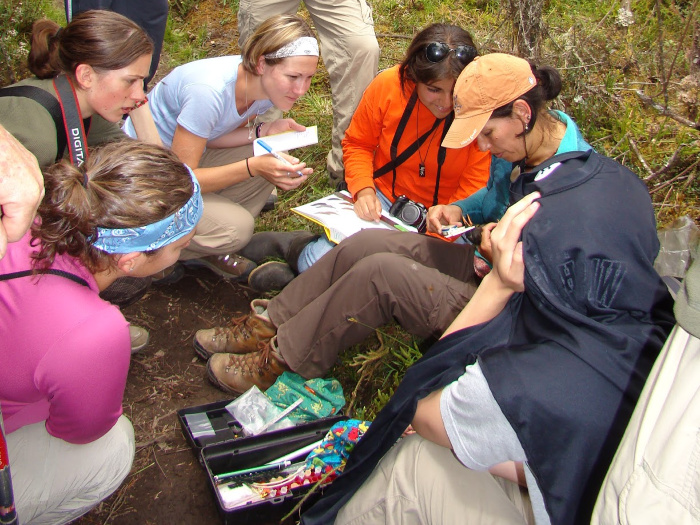
– Dr. Jim Perry, H.T. Morse Distinguished Professor of Water Quality and Environmental Management at University of Minnesota
The stations host several university courses and workshops throughout the year that provide students a guided learning experience in a variety of topics in tropical ecology, climate change, biodiversity and more.
Some examples of schools currently offering course programs at our stations include Wildland Studies, Field Projects International, and many others.
If you are a student, check your university’s course offerings list for a program that is hosted at one of our research stations.
If you’d like to come as an independent student and not a part of a field course, check with your study abroad office for your university procedures on doing an independent study at our research stations.
If you are a professor or study abroad professional who would like to lead a field course at one of our stations, please contact our Director of Science, Lucía Castro.
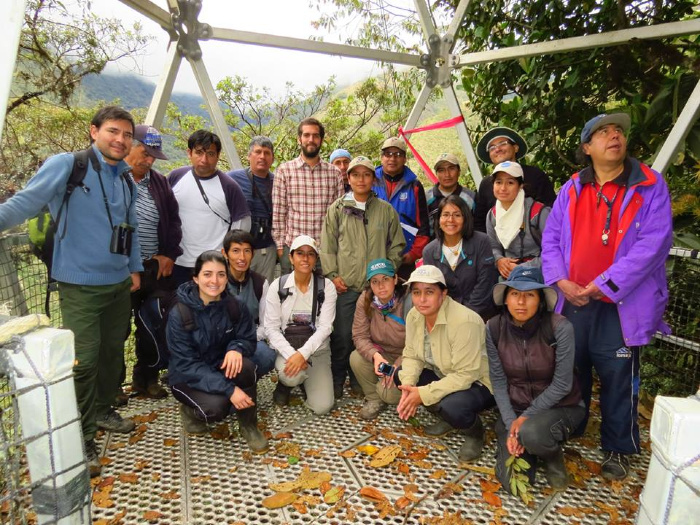
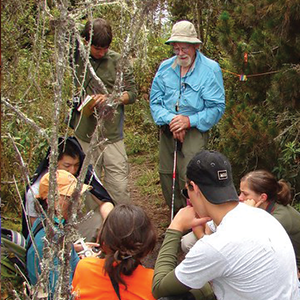
took place at our three biological research stations in southeastern Peru.
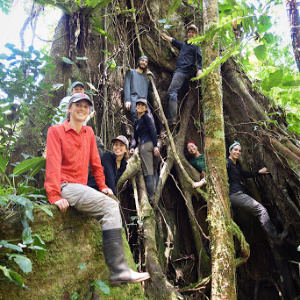
through university field courses, experiencing the Amazon rainforest first-hand.
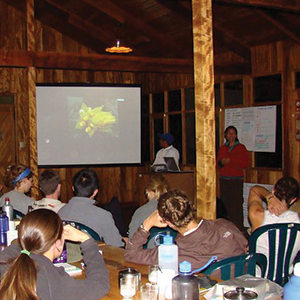
had field courses or scientists conduct classes and studies at our stations.
-Dr. Caroline Chaboo, Adjunct Faculty at University Of Nebraska–Lincoln